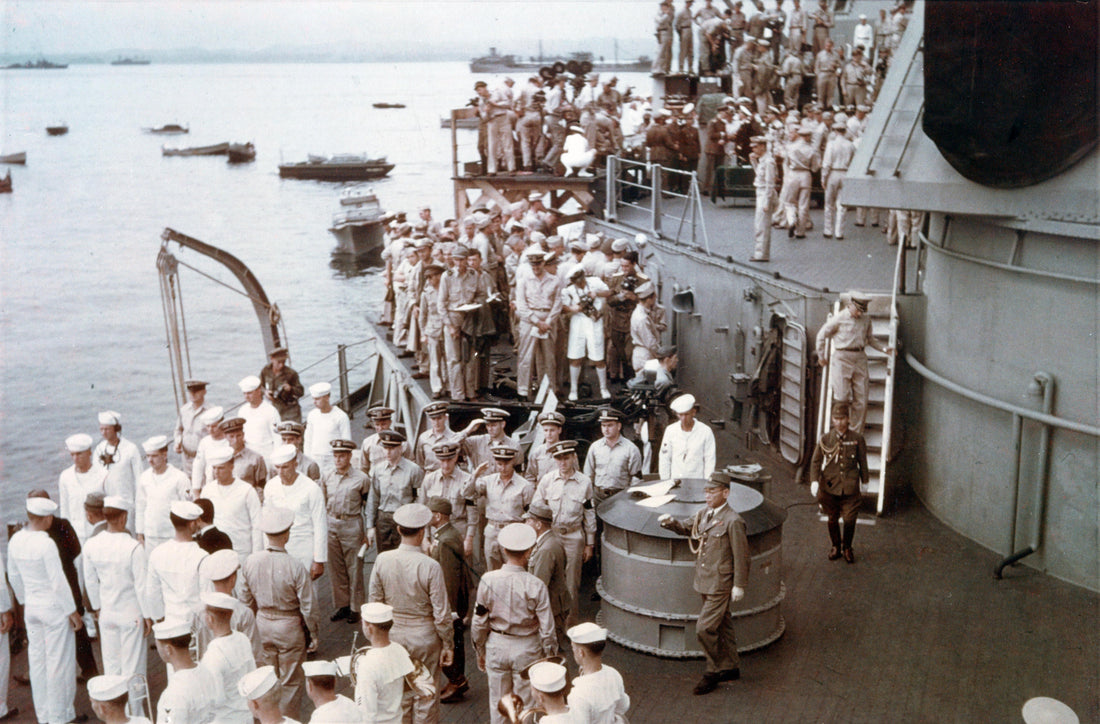
Why Learning War History is Essential for Understanding the Present
Share
War has been a constant presence throughout human history. From ancient battles to modern conflicts, wars have shaped societies, politics, and economies. While the horrors of war are undeniable, learning about war history is essential for understanding the present. By studying the past, we can gain valuable insights into the causes and consequences of war, and how it continues to impact our world today.
What can we learn from war history?
Studying war history provides us with a deeper understanding of the complexities of human nature and the consequences of our actions. It allows us to analyze the factors that lead to conflicts, such as territorial disputes, ideological differences, or economic interests. By examining the strategies and tactics employed by different nations and leaders, we can gain insights into military and political decision-making processes.
How does war history shape our present?
War history has a profound impact on our present-day world. It shapes our political systems, international relations, and cultural identities. The outcomes of past wars have redrawn borders, established new nations, and influenced the balance of power between countries. Understanding war history helps us comprehend the root causes of ongoing conflicts and the dynamics of global politics.
What lessons can we learn from war history?
War history teaches us valuable lessons about the consequences of violence and the importance of diplomacy. It highlights the devastating impact of war on civilian populations, the environment, and future generations. By studying the mistakes and successes of the past, we can strive for peaceful resolutions to conflicts and work towards a more just and equitable world.
How does war history affect our decision-making?
Knowledge of war history can inform our decision-making processes in various fields. In politics, it helps leaders understand the potential consequences of military interventions and the importance of diplomacy. In economics, it provides insights into the economic costs of war and the long-term effects on societies. In international relations, it helps shape foreign policies and strategies for conflict resolution.
Why is it important to remember war history?
Remembering war history is crucial for honoring the sacrifices made by those who fought and died in conflicts. It allows us to pay tribute to their bravery and resilience. Additionally, remembering war history helps prevent the repetition of past mistakes. By understanding the causes and consequences of war, we can strive for peaceful resolutions and work towards a future free from violence and conflict.
Conclusion
Learning war history is essential for understanding the present. It provides us with valuable insights into the complexities of human nature, the consequences of our actions, and the dynamics of global politics. By studying war history, we can learn from the past, make informed decisions, and work towards a more peaceful and just world.